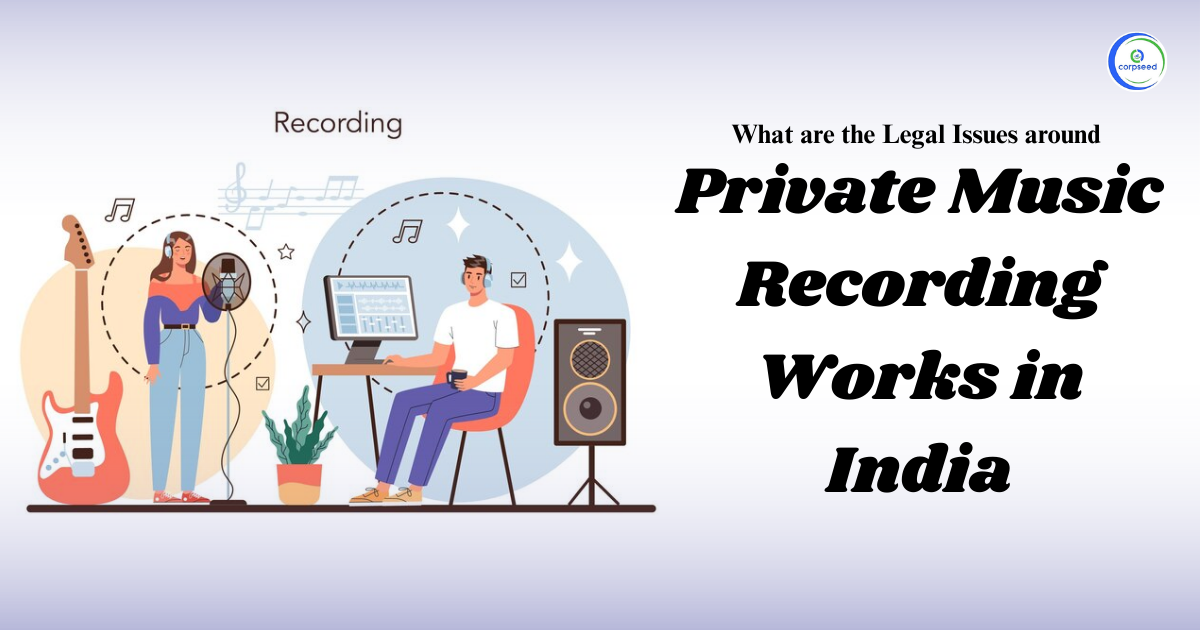Introduction: Patent Holder:
A Patent holder is the one who invents a procedure or product whose exclusive rights and obligations of the Patentee are given to the Patent holder.
A grant of a patent in India provides the patentee with an exclusive model for the use or development of a patented invention or the use of a patented invention-related process. Under the Patent Act of 1970, certain rights and responsibilities of patentees are embodied.
Table of Contents
--------------Blog Contact Form-------------
The Multiple Types of Patentee Rights Are:
-
Right to Exploit the Patent:
Where a new invention is a product, the patentee has the exclusive right to use, produce, and import or distribute an invention in India for certain applications. On the other hand, if the inventor’s invention includes the manufacturing process or process of some article or substance, the right to exploit indicates the sole right to practice or use the manufacturing process or system in the jurisdiction of India. Patent law acknowledges a patentee’s sole right to seek market benefit from his invention.
Read Our Blog: How to Get a Patent in India: Everything You Need to Know
This is to motivate artists to invest in their creative offices, realizing that their inventions would be guaranteed by statute and that no one else would be able to replicate their innovations within a certain amount of time (mostly 20 years).
-
Right to Grant License:
The ability to grant a license or assign rights is issued to the patentee of a patent or to enter into some agreement for some consideration. To be legal and lawful, the assignment or license must be in writing and should be documented with the Patent Controller.
If a patent attribution document is registered, it is not accepted as confirmation of the title of the patent and the rule applies to the assignee, not to the assignor. If he is a co-owner of a patent, he may delegate to others with the permission of the co-owners or under the direction of the Controller, some share of the patent license or issue licenses to use the patent.
-
Right to Surrender:
The patentee of a patent has the right to forfeit a patent at any point and his or her initiative by giving notice in a specified manner. It is important to do the ads in the Journal with such an offer of surrender.
The publishing is undertaken in order to allow the persons an incentive to challenge the Patentee’s offer of surrender. This is accomplished as the Patentee in the future apprehends his/her non-performance of the Patent and intends to forfeit the Patent.
-
Right to Sue for Infringement:
In District Court, the patentee has the right to sue for patent infringement in order to try the case. There is a right for a patentee to forfeit his patent. In the off risk that the patentee or any other entity is not involved in running the patent, the patent can be surrendered to preserve a geographical distance from conceivable denunciation procedures and the consequent duty to pay costs.
Where a patent is issued to at least two individuals, each of the co-owners shall apply for the identical unified bid in the patent, without any consent to the contrary. Each one of them is entitled to make, use or exercise the patent without bookkeeping to the others, irrespective of someone else or then again, its operators. Clearly, this is immune to every agreement to the contrary.
In the duration between the date of publication of the approval of the full specification and the date of fixing of the patent, the claimant may exercise all the advantages and privileges of the patentee, with the exception of the registration of the infringement suit. Any person can make or use a patented article or use a patented technique for the sole purpose of testing or reviewing or imparting guidance to students.
Read Our Blog: Difference Between Patent Copyright and Trademark
A patent, as against any other entity, has an indistinguishable effect from against the government. The government would certainly respect the privileges of the patentee approved under the Act in this manner. The government can use, or even benefit from the proprietary invention or prohibit a person from using a development under particular terms and conditions.
-
Right to Use and Enjoy Patent
The patentee of the patent has the exclusive right to exercise, make, utilize, and conveyor offers the patented substance or article in India or to practice or utilize or the process or techniques associated with the invention. Such rights can be exercised either by the Patentee himself/herself or by his/her licensees or consultants. The patent is granted in the form prescribed under Section 46 (1), which reiterates the exclusive right of the patentee to utilize the patent.
The patent proprietor shall have the sole right to the exercise, manufacture, use, pass or sell in India of the patented material or article, or to the practice or use of the method or techniques relating to the invention. Such protections can be exercised either by the patentee itself or by its licensees or consultants. The patent shall be issued in the manner specified in section 46 (1), which reaffirms the patentee’s exclusive right to use the patent.
Conclusion
We at Corpseed have professionals to assist you throughout the process of getting your Patent registered with the Patent Office in India. Our professionals will assist you and guide you throughout the process of Patent Registration under The Patent Act, of 1970. This Act provides for provisions related to the Rights of the Patentee of a Patent. The Controller of Patent is required to take care of all the Rights and Obligations of the Patentee as prescribed by the Patent Act, 1970. The Patentee is required to comply with all the Rights and Obligations. The procedure of the Patent Registration in India is long-lasting and time-taking.
Patent Registration
In today’s fast paced world, where protection of intellectual property is supreme, one of the rightful ways to safeguard your innovations is by utilizing the use of patents. Let us understand the importance of patents and its significance.
Trademark Registration
Business visibility and its uniqueness make it differ from crowd where most of business entity prefer to go for mark, design or logo to get registered on its name. Required trademark registration, get expert hand to make it possible.
Trademark Renewal
Trademark renewal is an important process that confirms the constant protection of a brand's identity and intellectual property. This ensures that the trademark stays valid and safe under the Trademark Act, 1999. Renewing a trademark not only protects the intellectual property but also strengthens the market identity and credibility of the brand over time.
This portion of the site is for informational purposes only. The content is not legal advice. The statements and opinions are the expression of author, not corpseed, and have not been evaluated by corpseed for accuracy, completeness, or changes in the law.
BOOK A FREE CONSULTATION
Get help from an experienced legal adviser. Schedule your consultation at a time that works for you and it's absolutely FREE.







.webp)

